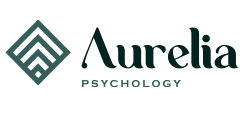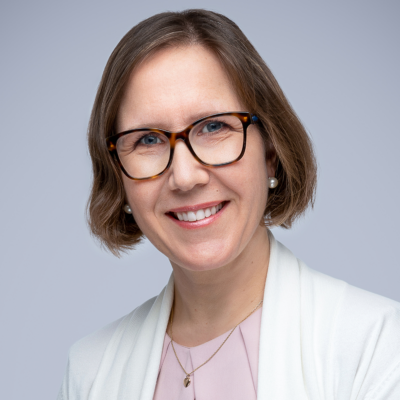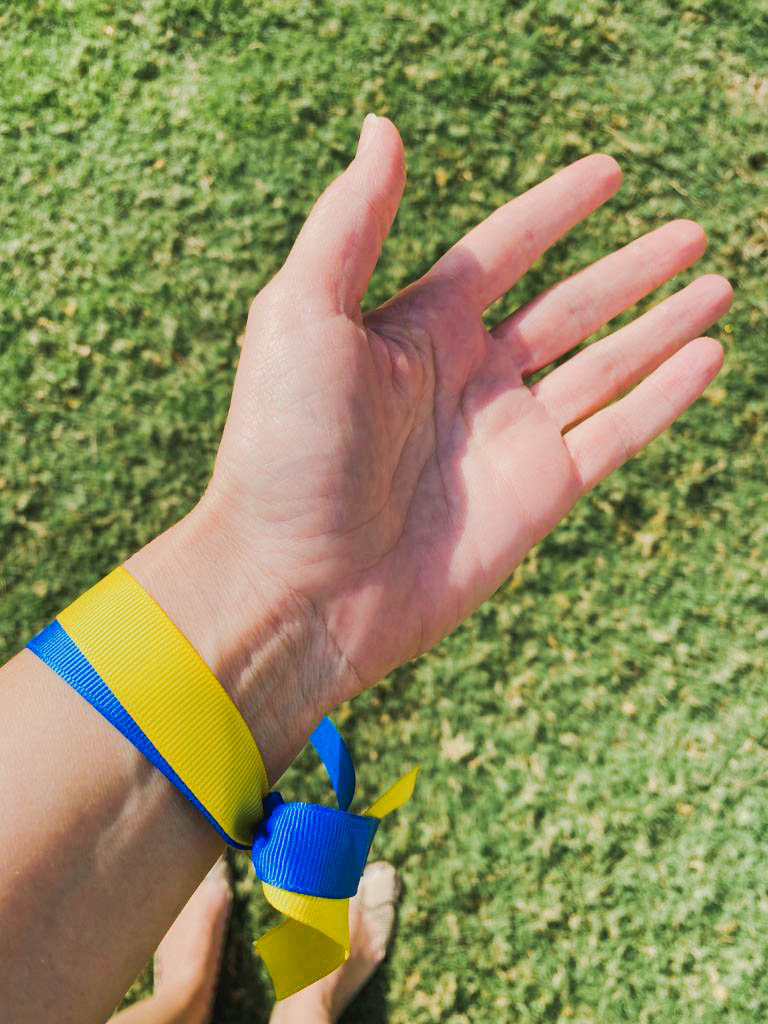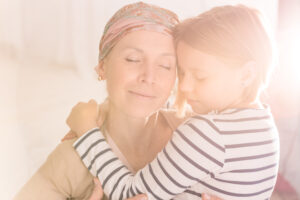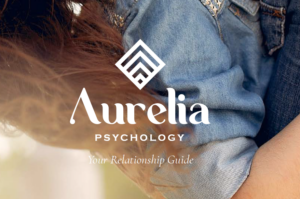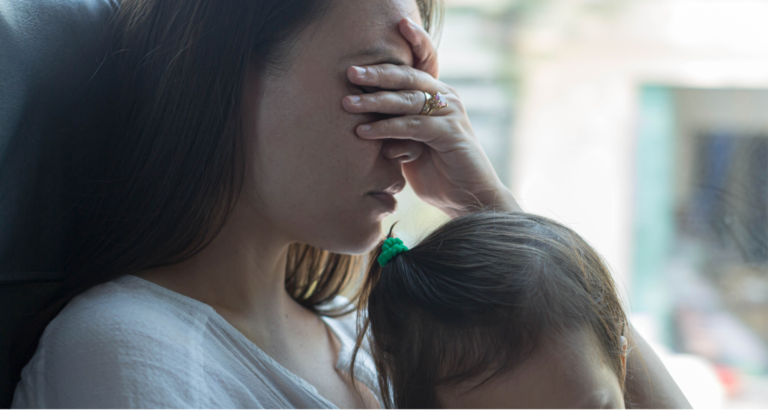- Face coverings have been worn for hundreds of years
- Therapy with clients wearing face masks is not new
- Effective communication in therapy and outside therapy is possible while wearing face masks
In many countries face masks are now mandatory in public places. Even in countries where masks are not compulsory, many individuals choose to wear a face mask. This has led therapists and their clients to wonder if they should have their sessions in-person or if online therapy would be best practice. Can we communicate efficiently with face masks on? Do therapy and face masks go together?
I have been working as a psychologist for two decades and have offered online therapy since 2007. In my experience online and face-to-face sessions were remarkably similar and equally effective.
Since moving to the Middle East in 2011 I have worked with women wearing the niqab, a veil that covers a woman’s face apart from her eyes. However, I have never worn a face mask myself while working with clients.
I spoke with Mona Kazim, an educational consultant and the founder of Alef Centre for Educational and Psychological Consultation in Dubai, United Arab Emirates about therapy and face masks. Mona is an Emirati clinician who used to wear a niqab. Mona shared with me her experience and knowledge on communication when we can see the face only partially.
Therapy with face masks is not new
Muslim women wearing the niqab or burka are only one example of individuals who cover their faces. For example, cancer patients may wear face masks when out in public places because they have weakened immune systems. Both Muslim women and individuals with weakened immune systems have engaged in meaningful and effective therapy in the past.
The vast majority of therapists would not decline working with a client because of what they choose to wear whether it is for cultural or health reasons.
Face coverings do not restrict communication
Many Emirati women used to wear the Gulf burqa which covered the whole face. Mona believes that if the burqa had been an obstacle, the Emirati culture would not have developed into what it is. The Emirati culture is one of warthm, close communities and emotional expressiveness. Mona compared Emiratis to Italians. Both nationalities are direct and passionate in their communication.
I asked Mona if there had been a time when her niqab had ever prevented her from engaging in effective communication. Mona said that she never felt her niqab had prevented her from doing her work. She added the niqab was never an obstacle in her private life, either. When out socializing, Mona’s friends never once said that they needed to see her face in order to understand her.
Mona shared a story of when her niqab became an obstacle. A journalist contacted her for a TV interview. When Mona arrived at the studio, the journalist was taken aback by the fact that she wore a niqab. The journalist asked Mona to remove her niqab for the interview. Mona refused and the interview was cancelled.
Mona refused to remove her niqab out of principle. She did not want other to judge her thinking and what she had to say on the basis of her appearance. Mona did not want to support the stereotype where women covering their faces are not seen as women who can be experts in their field. A niqab does not strip a woman of her personalities, nor does it make her someone with nothing worth listening to.
Face coverings may become an obstacle but not in the way we fear they would.
Effective communication wearing face masks is possible
Communication involves a range of expressions much beyond the muscles around the mouth. We communicate also with eye contact, gestures and touch. We understand communication not only by looking but by listening and by making connections and interpretations.
What about clients who are worried about seeing their therapists while wearing a face mask. Mona said ‘If you are good, you do not depend only on facial expressions.‘
Therapists have to keep in mind that facial expression may be a facade and that may cover what a client is really feeling. If therapists only rely on facial expressions, they may miss other signs that tell us a different story. Mona added, a smile does not necessarily mean that someone is happy and that sometimes facial expressions might even mislead us.
After speaking with Mona I started reflecting on what therapists see when they see a client.
As therapists we do not just look at our client’s face. We observe how the client walks into the room, how they sit, what they are wearing, and how they breathe. We listen to the tone of voice and check in with ourselves to see how we respond to the client’s presence. Therapists note the way the client uses the room and the way they move or sit.
Therapists will not share every observation with their clients, of course. We do not judge. As therapists we want to get a sense of who the client is. We want to understand how the client is doing that day and, for example, how talking about some issues impact them.
Are children an exception?
I have been wondering how young children find communication with adults who are wearing masks. I asked Mona if she thought that children need to see our full facial expressions in order to understand us.
Mona said that in many cultures it is perfectly normal for children to grow up seeing women wearing burqas or niqabs. They will use other clues to understand communication. They will use sound, smell, the expression of eyes, tone of voice, the way others deal with them and physical distance, for example as sources of information.
It may take some time for children to adjust if they are not used to seeing face masks or niqabs. However, it will happen.
There is no such thing as ‘perfect’ communication
When two or more people get together, there will be moments when they misunderstand each other. In many countries the pandemic has left clients two options: online therapy or therapy in face masks. Which should you choose?
In my experience, I find myself having to ask for clarification more often during online therapy sessions due to connection issues when I cannot see or hear my clients well enough. I check if what I think I heard is what the client said. I may ask if my understanding of what is going on with the client is anywhere close to what they are experiencing. If I am working with a couple, I may ask the other partner to tell me what they see, or to ask their partner what is going on.
Asking is not failure. When I ask for clarification. I am not assuming I know. Instead, I genuinely want to know and understand better.
You can ask too!
What should you do if you are not sure what your therapist said or how they reacted? Ask them. Remember, your therapist does not have to be the only person asking questions! Tell them you are not sure if they understood you, or that their facial expression has left you confused. Ask them to tell you more.
You are an active participant in the therapeutic relationship.
Most importantly, if you feel that your therapist has misunderstood you, let them know and do not wait too long. Your therapist will appreciate your desire to understand and correct any misunderstandings.
Misunderstandings are not bad or a sign of a mistake, they are a door inviting you to explore the issue deeper. Therapy is about relationships, connection. That misunderstanding is an opportunity to connect.
I found that in-person therapy was initially easier with clients I had been working with pre-pandemic. I had a memory of their faces. Now, several months down the line, I do not notice a difference. I have to work hard at listening to the client and observing other cues but I do not see that as a negative. My eyes are open in a new way.
Therapists are interested in human behavior and existence. Face masks, just as niqabs, are one part of our existence. They are no more an obstacle than anything else that is part of human life.
If you have been putting off scheduling a therapy appointment because you had doubts about wearing a mask but are now ready to start therapy, Dr Ava and Matleena see clients at The MapleTree Center in Dubai. You can book a therapy session by filling this form.
Matleena Vanhanen is a licensed Counselling Psychologist with over 20 years of experience working in Europe and the Middle East. She has a practice of couples and individual therapy at the MapleTree Center in Dubai.
